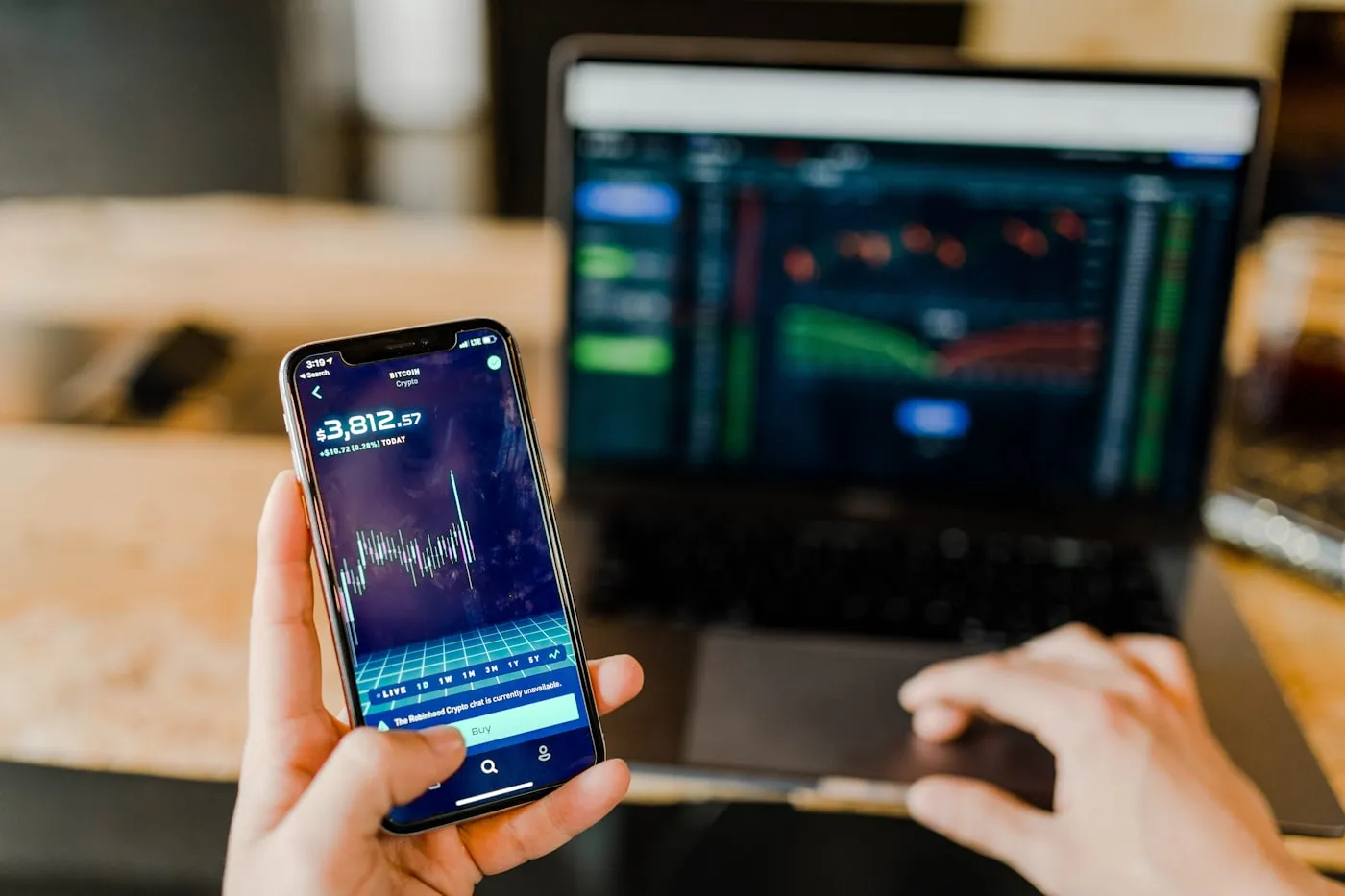Why Your Brain Spends Differently on Vacation

The $7 coffee that would make you pause at home feels perfectly fine when you’re watching the sunrise in Santorini. A $200 helicopter tour over your hometown would be absurd — but over the Grand Canyon? Suddenly it’s a once-in-a-lifetime opportunity. Same person, same bank account, completely different spending behavior.
This isn’t weakness or irresponsibility. It’s your brain running a different financial operating system the moment you step out of your regular life.
The “Special Time” Effect
Behavioral economists call it mental accounting — the tendency to create separate psychological budgets for different areas of life. Your brain treats “vacation money” as fundamentally different from “regular money,” even though it comes from the same account.
This is why the €47 dinner doesn’t sting on vacation the way it would on a Tuesday at home. It’s filed under “vacation,” a category where the normal rules feel suspended. The money counts, of course — you’ll feel it when the credit card statement arrives — but in the moment, your brain has quietly reclassified it as a different kind of spending.
Anticipated Regret: The Most Expensive Thought in Travel
“We might never be here again.”
That sentence has probably cost travelers more money than any marketing campaign. Behavioral economists call it anticipated regret — you’re not just paying for the experience, you’re paying to avoid the future pain of having missed it.
This is why you say yes to the sunset sailing excursion, the extra night in the nicer hotel, the special tasting menu. Each one feels like a hedge against a future where you’re sitting at home thinking “I should have done that.” And each one is individually defensible. It’s the accumulation that becomes the problem.
The Novelty Reset
At home, you’ve adapted to your surroundings. Your local coffee shop is nice but not thrilling. The park near your apartment is fine. This is hedonic adaptation — the psychological mechanism that causes us to return to a baseline level of satisfaction after positive experiences.
Travel temporarily breaks this cycle. Everything is new, so everything feels more vivid and more valuable. An ordinary glass of wine becomes extraordinary when sipped at a café overlooking a Mediterranean harbor. The sensory novelty makes you perceive higher value, which makes you more willing to pay a higher price.
This isn’t irrational — novel experiences genuinely do produce more dopamine. But the willingness to pay for that novelty can get expensive when it applies to every meal, every drink, and every activity for ten straight days.
The “I Deserve This” Permission Slip
You saved for months. You worked overtime. You earned this trip. So when the upgrade to the ocean-view room is $40/night more, your brain frames it as a reward rather than an expense. You deserve it.
The reward rationalization is one of the strongest spending triggers on vacation because it feels justified. And often it is — the whole point of saving is to spend on things you value. The trouble starts when everything becomes a reward, and the $40 upgrade becomes a pattern applied to every decision.
Foreign Currency Makes Money Feel Fake
Different currencies create psychological distance from real spending. When you’re using Thai baht or Vietnamese dong, the numbers are so large and unfamiliar that your brain stops doing accurate conversions. After a few days of mental math, most travelers round, estimate, and eventually just stop converting altogether.
This is the denomination effect — money that doesn’t look or feel like “your” money gets spent more freely. A 500-baht dinner “sounds like” it should be around $10, but it’s actually $14. Multiply that estimation error across every purchase for a week, and you’ve quietly overspent by 20-30%.
What Actually Helps (Without Ruining the Trip)
Understanding these biases is useful, but awareness alone doesn’t change behavior. These strategies do:
Pre-commit to your splurges. Before the trip, pick two or three things you’ll spend freely on — a special dinner, a day tour, an experience you’ve been wanting. Give yourself full permission on those. The pre-commitment satisfies your brain’s need for “vacation spending” while creating limits everywhere else.
Use a daily cash allowance. Physical cash makes spending tangible in a way that credit cards don’t. Withdraw a fixed daily amount. When it’s gone, you’re done. This overrides both the mental accounting trick and the foreign currency abstraction.
Apply the 24-hour rule for impulse purchases. For anything over $75-100 that wasn’t planned, wait a day. The “must-have” feeling fades with distance. If you still want it tomorrow, buy it — at least the decision will be deliberate instead of reactive.
Do a 60-second daily check-in. Not a budgeting session — just a glance at your total spending so far. This prevents the vacation amnesia where spending becomes invisible until the trip ends. One minute of awareness each day can save hundreds.
Create a “future me” fund. Set aside a small post-trip treat — a nice dinner or weekend activity — before you leave. This gives your brain something to look forward to after the trip, which reduces the last-day splurge that happens when “the vacation is ending” triggers one final spending spree.
How Spentrip Counters These Biases
Spentrip does two things that directly address vacation spending psychology. First, automatic currency conversion eliminates the denomination effect — every expense shows up in your home currency immediately, so you see what that dinner actually cost instead of processing an abstract number in a foreign denomination. Second, the trip-level spending charts give you that 60-second daily check-in without any effort — just open the app and your total is right there.
For travelers who want even less friction, the premium voice input means you can say “twenty-two euros for lunch” without breaking the flow of your day. The expense gets logged, converted, and categorized while you keep walking.
None of this is about guilt or restriction. Travel should include some splurges — that’s part of why you went. The difference is between spending $200 on a meal you’ll remember for years and spending $200 on six impulse purchases you won’t remember by Thursday. Both cost the same amount. Only one is worth it. Knowing which is which requires seeing the numbers clearly, and that’s harder to do when your brain is running vacation firmware.



